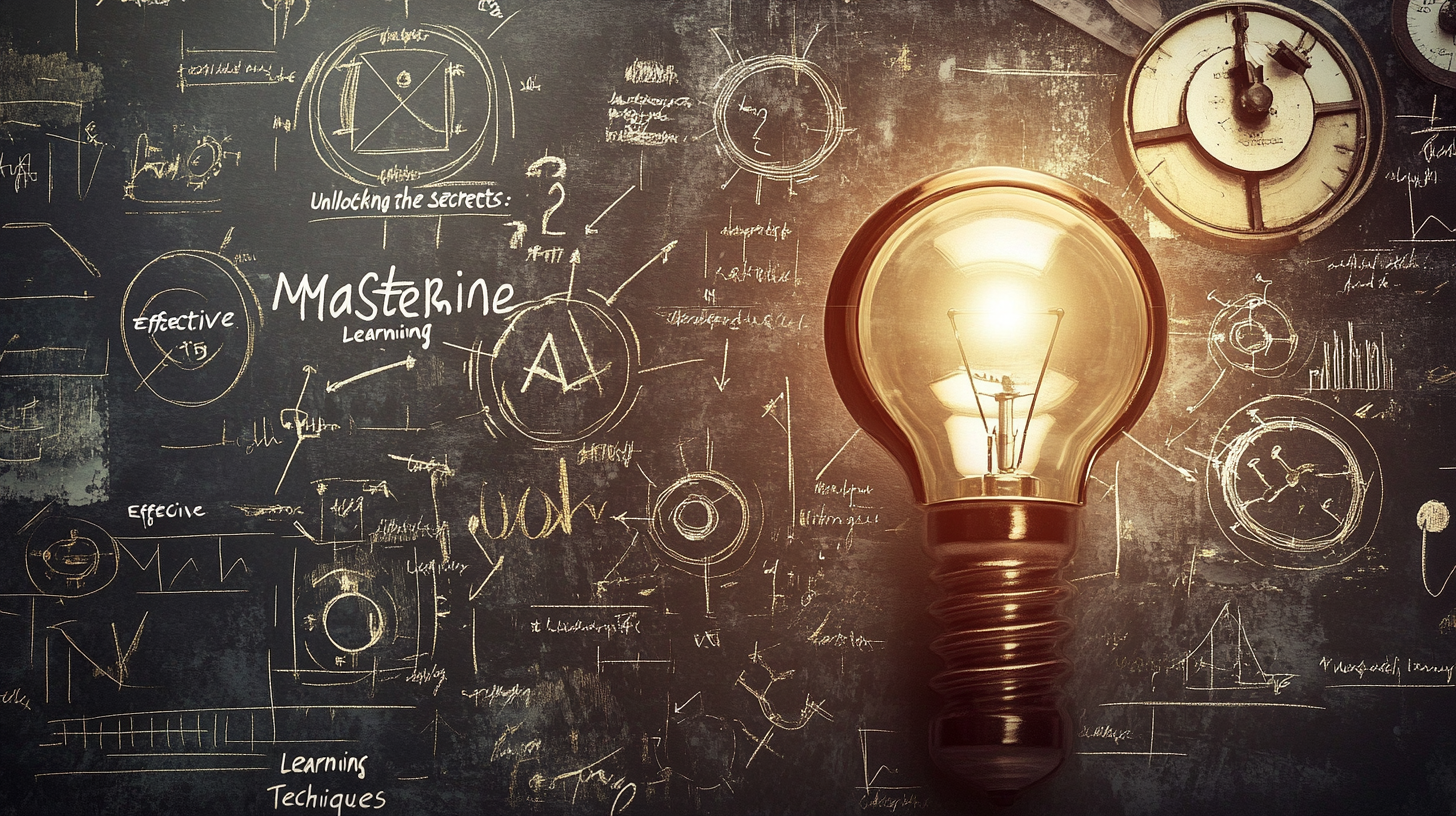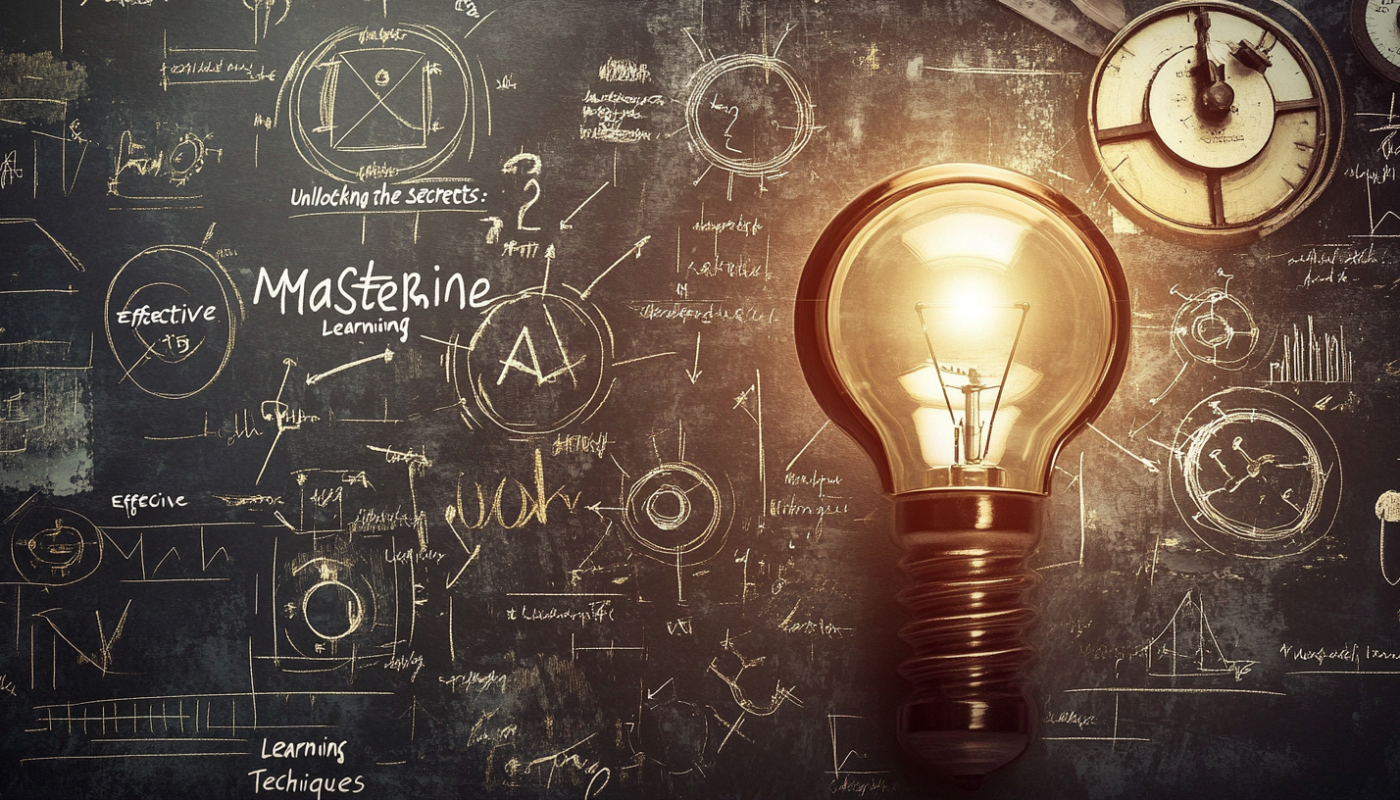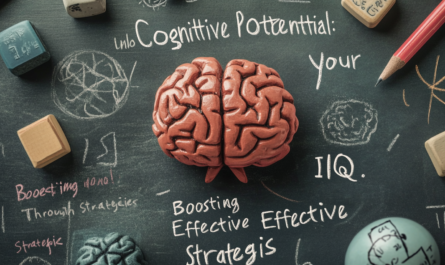Unlocking the Secrets: Mastering Effective Learning Techniques
Learning is a lifelong process, and it is essential to develop effective learning techniques to maximize our potential. Whether you are a student, professional, or simply someone who wants to expand their knowledge, understanding how to learn efficiently can make a significant difference in your success. In this article, we will explore some of the secrets to mastering effective learning techniques.
1. Active Learning: One of the most crucial aspects of effective learning is active engagement. Passive learning, such as reading or listening to lectures, can be helpful, but actively participating in the learning process enhances comprehension and retention. Taking notes, asking questions, and discussing concepts with others are excellent ways to actively engage with the material.
2. Spaced Repetition: Instead of cramming information into your brain all at once, spaced repetition involves reviewing material at regular intervals over time. This technique allows for better retention and long-term memory formation. Breaking down your study sessions into smaller, manageable chunks and reviewing them periodically will help solidify the information in your mind.
3. Visual Aids: Visual aids, such as diagrams, charts, and mind maps, can be powerful tools for learning and understanding complex concepts. They help organize information in a visually appealing and logical manner, making it easier to grasp and remember. Creating your own visual aids can also enhance your understanding of the subject matter.
4. Teach Others: The act of teaching others is an effective way to reinforce your own learning. When you explain a concept to someone else, you are forced to break it down into simpler terms and ensure your understanding is clear. Teaching also helps identify any gaps in your knowledge, allowing you to fill them in and deepen your understanding further.
5. Practice Retrieval: Retrieval practice involves actively recalling information from memory rather than passively reviewing it. This technique has been proven to enhance long-term retention and improve overall learning. Instead of simply re-reading notes or textbooks, challenge yourself to recall information without any prompts. This could be done through flashcards, quizzes, or simply trying to explain a concept without referring to any materials.
6. Use Multisensory Techniques: Engaging multiple senses while learning can enhance memory and understanding. For example, reading aloud while highlighting important points can involve both visual and auditory senses. Additionally, incorporating hands-on activities or real-life examples can make the learning experience more interactive and memorable.
7. Set Goals and Monitor Progress: Setting clear goals and tracking your progress can help maintain motivation and focus. Break down larger goals into smaller, achievable tasks, and celebrate each milestone. Regularly reviewing your progress will also allow you to identify areas that need more attention and adjust your learning strategies accordingly.
8. Take Breaks and Rest: While it may seem counterintuitive, taking regular breaks and getting enough rest is crucial for effective learning. Our brains need time to process and consolidate information. Studies have shown that short breaks during study sessions can improve focus and retention. Additionally, getting enough sleep is essential for memory consolidation, so make sure to prioritize restful sleep.
In conclusion, mastering effective learning techniques is essential for anyone who wants to maximize their learning potential. By actively engaging with the material, utilizing visual aids, practicing retrieval, and incorporating multisensory techniques, you can enhance comprehension and retention. Setting goals, monitoring progress, and taking breaks will ensure a balanced and productive learning experience. So, unlock the secrets to effective learning and embark on a journey of continuous growth and knowledge.



